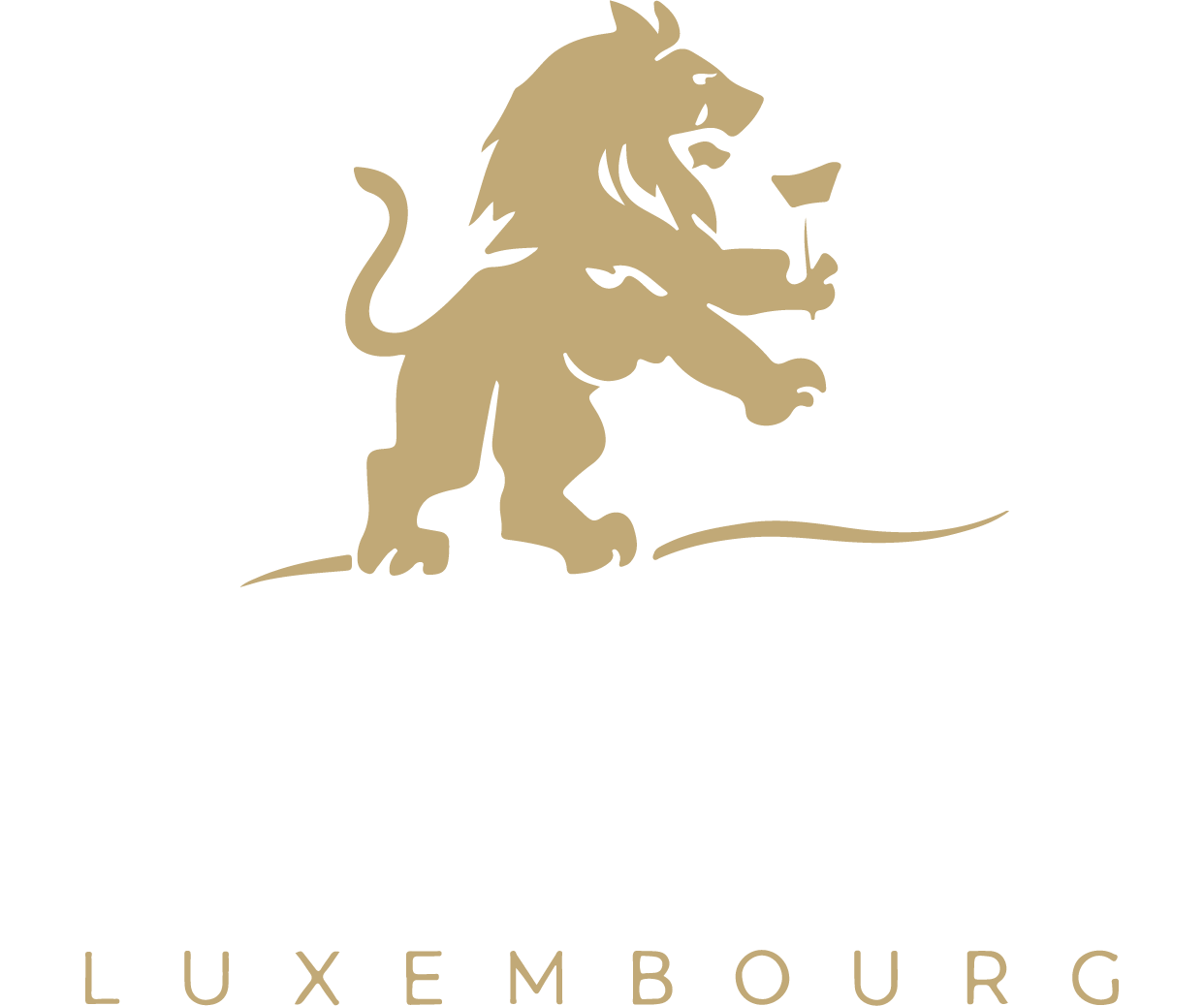Introduction
Luxembourg has become a leading jurisdiction for wealth management and structuring due to its stability, robust legal framework, and financial expertise. Two of the most commonly used vehicles are trusts and private foundations. While both can be employed for wealth preservation, succession planning, or investment purposes, they differ significantly in their legal nature, governance, and use cases.
Common Features and Advantages
Both trusts and foundations share certain similarities that make them attractive structuring tools:
- Asset protection: Assets placed in either vehicle are legally separated from the settlor or founder’s estate.
- Succession planning: Both can ensure smooth intergenerational wealth transfer.
- Confidentiality: While disclosure obligations exist (AML/BO registers), both structures still offer relative privacy compared to corporate vehicles.
- Flexibility: They can hold a wide range of assets—real estate, securities, shares in private companies, and even intellectual property.
Understanding Trusts
A trust is not a legal entity but a legal relationship. Under a trust, the settlor transfers assets to a trustee, who manages them for the benefit of beneficiaries.
- Advantages of trusts:
- High degree of flexibility in defining beneficiaries’ rights.
- Can be revocable or irrevocable.
- Common law origins make them widely understood in international wealth planning.
- Useful for complex family arrangements (e.g., discretionary trusts).
- Limitations:
- Luxembourg does not have a domestic trust law but recognizes foreign trusts under the Hague Convention and provides for fiduciary contracts.
- Heavily reliant on the trustee’s integrity and fiduciary duties.
Understanding Private Foundations
A private foundation is a separate legal entity established by a founder through a foundation charter. Unlike trusts, foundations have their own legal personality.
- Advantages of foundations:
- Legal independence from the founder once established.
- Clear governance structure (board of the foundation).
- Can exist indefinitely, providing continuity.
- More civil-law friendly (resonates with continental European clients).
- Limitations:
- Less flexible than trusts in defining highly tailored beneficiary rights.
- Subject to statutory governance rules, which may be perceived as rigid.
Why Choose One Over the Other?
- Trusts are often preferred by international clients familiar with common law systems, seeking maximum flexibility in structuring family arrangements or asset protection strategies.
- Private foundations appeal to civil law clients who prefer a legal entity with clear governance, long-term continuity, and less reliance on trustee discretion.
Use Cases
For Families and High-Net-Worth Individuals (HNWIs)
- Trusts: Ideal for complex family wealth structures, discretionary arrangements, protecting vulnerable heirs, and providing for multiple generations with flexibility.
- Foundations: Suitable for clients who prefer clear governance, long-term stability, and institutional oversight. They are often used for family legacy planning, charitable giving, and safeguarding dynastic wealth.
In Capital Markets and Securitisation Transactions
Both trusts and private foundations are also employed as “orphan entities” in Luxembourg’s financial markets:
- Trusts: Commonly used in Anglo-Saxon jurisdictions for securitisation, but less frequent in Luxembourg due to civil law constraints.
- Foundations: More frequently used in Luxembourg as orphan entities in structured finance, securitisation, and capital markets. Their legal personality and independence make them suitable to hold assets off balance sheet and ensure bankruptcy remoteness.

